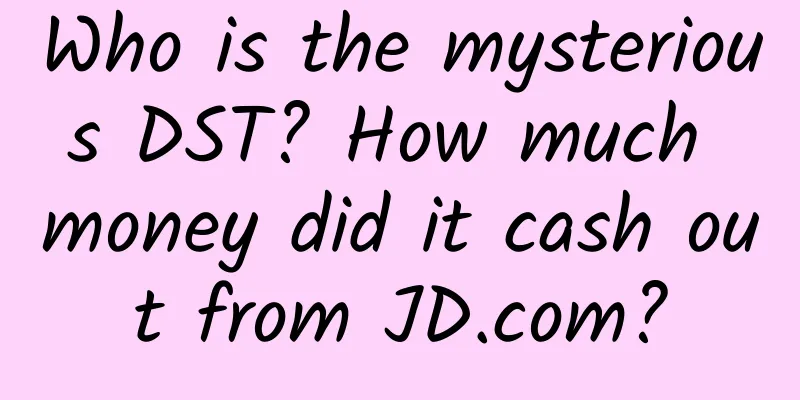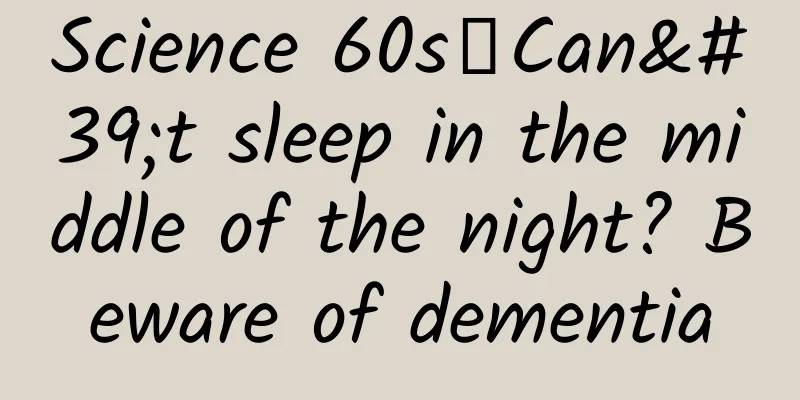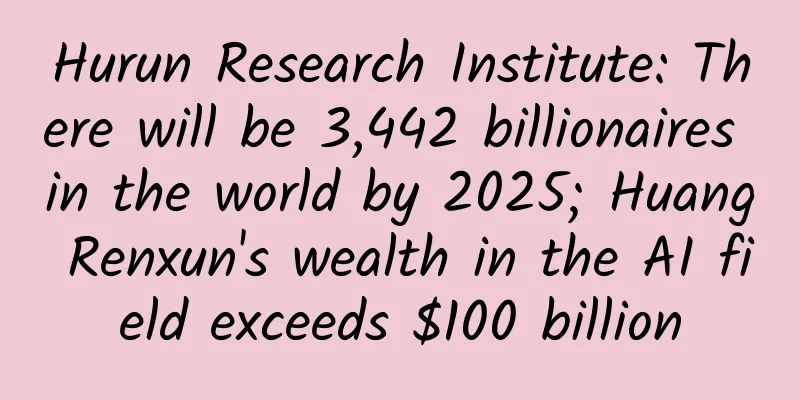Who is the mysterious DST? How much money did it cash out from JD.com?

|
Yuri Milner is such a low-key and tough guy. He is the founder of the Russian technology venture capital fund Digital Sky Technologies (DST). What is DST? In 2009, DST invested in Facebook, which was valued at $10 billion at the time. Its current market value is $231.6 billion. In 2011, DST invested in Alibaba, which was valued at about $30 billion. Three years later, Alibaba's IPO set a record for financing, and its market value once exceeded $260 billion. Within one month in December 2014, DST participated in three large investments. The first was Xiaomi's $1.1 billion Series D financing with a valuation of $45 billion; the second was Didi Dache's $700 million Series D financing with a valuation of $4.5 billion; and the third was its participation in India's largest e-commerce company Flipkart's $700 million financing. Even so, DST still keeps a low profile, never accepts media interviews, and does not do any public relations. This is the kind of company and people who make a fortune in silence. Therefore, every time they cash out and leave, they do it quietly and try not to let anyone notice. For example, this time. Recently, JD.com Group submitted its 20-F annual report to the SEC (U.S. Securities and Exchange Commission), which disclosed the shareholdings of JD.com executives and principal shareholders as of March 31, 2015. Principal shareholders refer to shareholders who hold more than 5% of the shares. Disclosure documents show that JD.com's largest shareholder is Tencent, which holds 18% of the shares and has 3.8% of the voting rights; the second largest shareholder is JD.com Group CEO Liu Qiangdong, who holds 16.2% of JD.com's shares and has 82.8% of the voting rights; the third largest shareholder is Tiger Fund, which holds 15.2% of the shares and has 3.2% of the voting rights; the fourth largest shareholder is Gaoling Capital, which holds 11% of the shares and has 2.3% of the voting rights. This is an ordinary disclosure document, as ordinary as it could be. However, there is one detail that was discovered by the sharp-eyed media: DST, the third largest shareholder that played a crucial role in JD.com's listing, has disappeared. What does this mean? The disclosure document does not disclose DST's shareholding situation, which means that DST's shares have fallen below 5% and are not within the scope of disclosure. Just four months ago, on December 3, 2014, JD.com disclosed in the "Shareholder Cash-out Statement" submitted to the SEC that after DST completed the cashing out of 40,256,342 shares of common stock, it still held 178,715,803 shares of JD.com common stock, accounting for approximately 6.5% of the shares. Then, there are two possibilities: the first case, as reported, DST has cleared all of its JD.com shares. Based on JD.com's closing price of $33.19 last Friday, DST sold nearly $3 billion. The second case, based on a 5% reduction, compared to the "Shareholder Cashing-out Document" submitted by JD.com to the SEC on December 3, 2014, DST sold at least 40,397,330 common shares from December 3 last year to March 31 this year, equivalent to 20,198,665 ADSs. During this period, JD.com's stock price was between $24 and $34, so DST may have cashed out at least $500 million to $680 million. So, which is the situation? 3 billion or 680 million? Regarding DST's claim that it cleared out JD.com shares, Tencent Technology reported that JD.com's official explanation was, "Form 20-F only discloses the major holders of JD.com common stock and the number of shares held, excluding shares that have been converted into ADRs. DST has converted its JD.com shares into ADRs, so it is not listed as a JD.com shareholder. The specific number of JD.com shares currently held by DST needs to be consulted with DST." It is almost impossible to get a response when you ask DST. They are the ones who make a fortune quietly and stay away from the media. It is basically impossible to interview them. JD explained it this way, and that's it. So, did DST sell out all of JD's shares, or did it just reduce it to less than 5%? It is not known at present. Let me explain what ADR is here. ADR stands for American Depository Receipt, which allows foreign stocks to be traded on US stock exchanges. In fact, most foreign company stocks are traded on US stock exchanges in this way. ADR is issued by a depository bank in the United States, and each ADR represents one or more foreign stocks, or a small portion of a stock. When a shareholder holds an ADR, it represents the equity and certificate of the foreign stock he owns. An industry insider interviewed by Tencent Technology said, "Shareholders convert their stocks into ADRs to facilitate trading of the stocks in the stock market. They are preparing to sell them. As for whether they have sold them, the outside world cannot judge." At the same time, industry insiders also said, "Even if it is converted into ADR, it still does not affect the number of shares held by shareholders. Therefore, the obvious conclusion is that DST has reduced its holdings of JD.com shares, and its holdings of JD.com shares have dropped to less than 5%. It does not rule out completely clearing out its holdings of JD.com shares." DST entered JD.com during its C round of financing in 2011, when they invested $500 million and gave it a valuation of $6.6 billion. In 2012, DST invested another $250 million. In February 2013, DST invested another $32 million to slightly increase its holdings. The total investment was $782 million. If DST completely cleared out JD.com shares this time, the net profit would exceed $2 billion. Well, let’s not dwell on whether it is a cleanup or 5%. Either case shows one thing: DST has lowered its expectations for JD.com’s future and has withdrawn, looking for the next outlet, the next pig that may fly to the sky. Who will these pigs be? Xiaomi, Didi, Flipkart… |
>>: Xiaomi and Huawei are almost breaking their heads for these parameters
Recommend
The bathroom is so small, why is the WiFi signal always so bad?
The bathroom is so small, why is the WiFi signal ...
Wild boars are on the scene, minnows are back, black storks are staying here… Where are Beijing’s wild animal “neighbors”?
Not long ago, a wild boar broke into a residentia...
Cold start practice sharing: 0 cost to attract 20,000 new users in 1 month
During the product cold start phase, there is a l...
WeChat big update: PC version automatically logs in without mobile phone confirmation and can turn off personalized ads
[[432256]] A few days ago, WeChat launched an upd...
There are many AI models. If we focus on one, will it be easier to succeed?
In early 2023, Chat GPT seemed to have set off a ...
Is it true that a cunning rabbit has three burrows? How much do you know about these interesting facts about rabbits →
Chinese people are familiar with rabbits. There i...
How Skyworth can gain a firm foothold in the box market by combining hardware and software
How to make the TV at home smarter and easier to ...
Intel Core i7-7700K first test: the performance benchmark in the Kaby Lake era
Starting with Skylake, which debuted in 2015, Int...
@All students, please check your summer vacation safety manual
Summer vacation is coming. While enjoying your va...
What happens when you contribute code to open source every day for a year
My requirements for contributing code are relativ...
@People with pollen allergies: The damn "pollen" is coming again! Don't be careless when going out
With the arrival of spring, nature begins to revi...
Here's everything you need to know about ski jumping
Beijing Winter Olympics Test Event 2021-2022 FIS ...
Cash loan ads invaded Douyin, spending 3 million yuan in one day, revealing the list of 20 Internet finance companies
√ With 150 million daily active users, the first ...
Please, gentlemen, please stop giving your girlfriends Blue Roses, okay? !
On the brand new calendar, spring has already beg...
Why Foxconn, Xiaomi and Huawei are rushing to India
Recently, there was news that Xiaomi has achieved...









